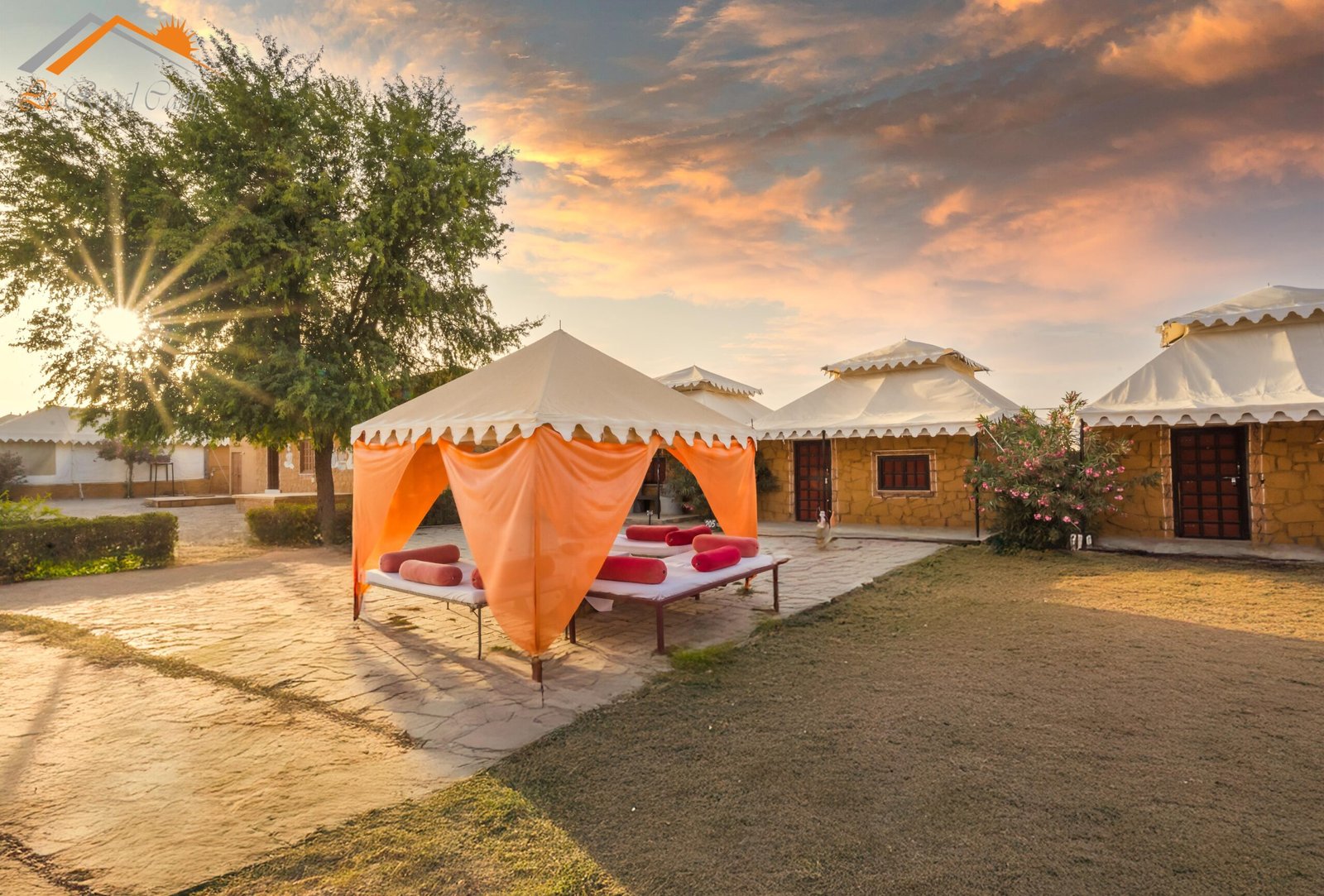Introduction
Kerala, a tropical paradise in southern India, captivates travelers with its picturesque landscapes and rich cultural heritage. However, to truly enjoy your visit and stay safe, it’s essential to understand and respect local safety practices. From navigating bustling markets to exploring serene backwaters, being aware of and adhering to these practices can enhance your travel experience. This guide provides valuable insights into local safety norms and practices to ensure you remain secure and well-informed throughout your Kerala adventure.
1. Understanding Local Safety Norms1. Respecting Local Customs
Kerala is deeply rooted in its cultural and religious traditions. Understanding and respecting local customs can greatly impact your safety. For instance, dress modestly when visiting temples and religious sites—covering shoulders and knees is a standard practice. Similarly, remove shoes before entering places of worship.
2. Road Safety
Road safety is a major concern for travelers in Kerala. Traffic can be chaotic, especially in urban areas like Kochi and Thiruvananthapuram. Always use seat belts in vehicles, and be cautious while crossing roads. Motorbikes are popular, so be aware of their frequent presence and follow local traffic rules.Key Tip: Opt for reputable taxi services or ride-sharing apps to avoid disputes and ensure a safer journey.
2. Health and Hygiene Practices1. Food and Water Safety
Kerala’s cuisine is renowned, but it’s crucial to practice food and water safety to avoid health issues. Drink bottled or purified water, and avoid consuming ice or food from street vendors unless it’s prepared fresh in front of you. Always choose well-cooked foods and avoid raw items.
2.Mosquito Protection
The tropical climate of Kerala makes it a breeding ground for mosquitoes, which can transmit diseases like dengue and malaria. Use mosquito repellent, wear long-sleeved clothing, and stay in accommodations with good mosquito control measures.Key Tip: Consider carrying anti-malarial medication if advised by your healthcare provider before traveling.
3. Emergency Contacts and Services1. Local Emergency Numbers
Knowing local emergency numbers is vital for your safety. In Kerala, dial 100 for police emergencies, 101 for fire services, and 102 for ambulances. It’s also helpful to have the contact information of your hotel or local contacts for quick assistance.
2. Health Facilities
Kerala boasts several well-equipped hospitals and clinics. Research and note down the nearest hospitals to your accommodation, especially if you have specific medical needs or are traveling with children.Key Tip: Familiarize yourself with the location of the nearest healthcare facility to your accommodation upon arrival.
4. Safety in Tourist Areas1. Handling Personal Belongings
While Kerala is generally safe, petty theft can occur in crowded areas. Keep your belongings secure and avoid displaying expensive items. Use a money belt or secure pouch for your valuables and be vigilant in busy markets or tourist hotspots.
2. Navigating Natural Areas
If you plan to explore Kerala’s natural attractions, such as the Western Ghats or backwaters, follow local guidelines and hire certified guides. Stick to marked trails and heed weather warnings, as conditions can change rapidly.Key Tip: Always inform someone about your travel plans, especially if you are heading to remote or less-traveled areas.
5. Dealing with Local Authorities1. Engaging with Police
If you encounter any issues or need assistance, don’t hesitate to contact local authorities. The police in Kerala are generally helpful, and knowing how to approach them can assist in resolving any problems quickly.
2. Language and Communication
While English is widely spoken, learning a few basic phrases in Malayalam can be helpful. Local residents appreciate efforts to speak their language, which can also aid in smoother interactions.Key Tip: Carry a small phrasebook or use translation apps to assist in communication.ConclusionUnderstanding and adhering to local safety practices in Kerala can make a significant difference in your travel experience. By respecting cultural norms, practicing good health and hygiene, knowing emergency procedures, and being vigilant in tourist areas, you can ensure a safer and more enjoyable visit. Kerala’s beauty and hospitality are unmatched, and with the right precautions, you can fully immerse yourself in all that this incredible destination has to offer.



